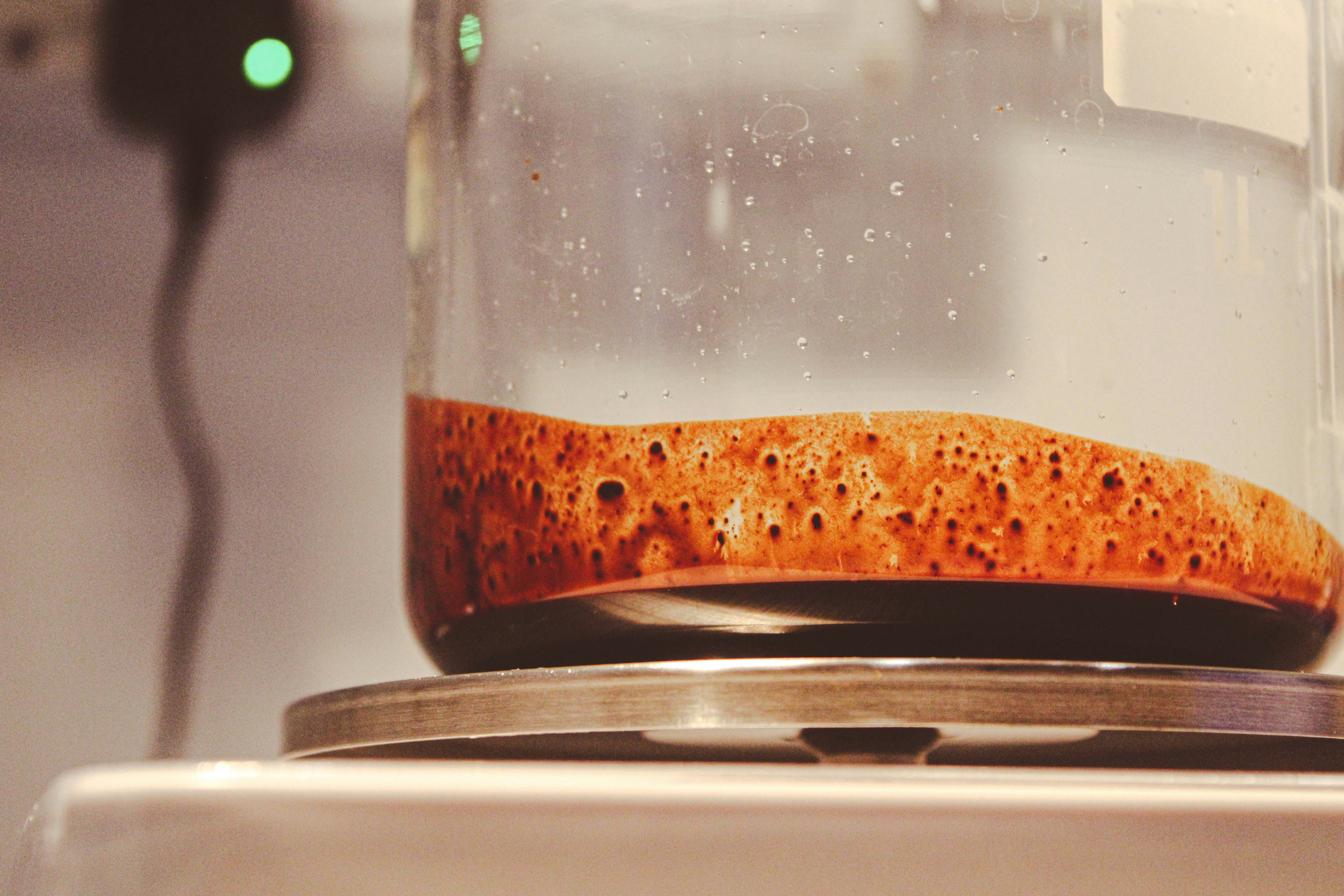Understanding Corrosion in Epoxy Coatings
Epoxy coatings are widely used for their durability and chemical resistance, but they are not entirely immune to corrosion. Corrosion occurs when external factors such as moisture, oxygen, and chemicals penetrate the protective layer, leading to material degradation.
One major cause of corrosion in epoxy coatings is oxidative particles. These particles, when exposed to environmental conditions like humidity and extreme temperatures, can accelerate the breakdown of the epoxy structure. Additionally, surface contamination during application—such as oil, dust, or improper curing—can weaken the coating’s ability to provide full protection.
Common environments that promote epoxy coating corrosion include industrial facilities, marine settings, and high-humidity regions. Identifying these risks early on is crucial for ensuring long-term durability.
Key Factors That Affect Epoxy Coating Durability
Several factors influence the lifespan and effectiveness of epoxy coatings. Understanding these variables can help prevent premature corrosion and coating failure:
Proper surface preparation is crucial to achieving maximum adhesion and protection. A poorly prepared surface can lead to weak bonding, allowing moisture and oxidative particles to infiltrate the coating. Techniques such as sandblasting, chemical etching, or applying a high-quality primer can enhance the adhesion of epoxy coatings.
Epoxy Quality and Formulation
Not all epoxy coatings are created equal. High-performance epoxy formulations contain corrosion inhibitors and reinforced polymers that improve resistance against environmental stressors. Choosing the right type of epoxy for specific conditions—such as marine-grade or heat-resistant epoxy—ensures long-term performance.
Prolonged exposure to UV radiation, moisture, and fluctuating temperatures can weaken the epoxy over time. While some epoxies include UV stabilizers, additional protective layers such as polyurethane topcoats can further enhance resistance to environmental factors.
Application Thickness and Techniques
The thickness of the epoxy layer directly impacts its durability. Thin coatings may not provide sufficient protection against aggressive environments, while overly thick applications may lead to cracking or uneven curing. Using industry-recommended application techniques, such as roller, brush, or spray application, ensures even distribution and optimal protection.
Best Practices to Prevent Corrosion in Epoxy Coatings
Ensure Proper Surface Cleaning
Before applying epoxy, remove any contaminants such as grease, rust, or dust. Using a degreaser or abrasive blasting ensures a clean surface for better adhesion.
Use Corrosion-Resistant Epoxy Formulations
Select epoxies with built-in corrosion inhibitors and additives designed for harsh environments. Marine-grade and industrial-strength epoxies offer higher resistance to oxidative degradation.
Apply a Protective Topcoat
A secondary protective layer, such as a polyurethane or UV-resistant coating, helps shield the epoxy from environmental stressors and extends its lifespan.
Maintain Regular Inspections and Repairs
Periodic inspections help detect early signs of coating degradation. Small cracks or blisters should be repaired immediately to prevent moisture from seeping into the substrate and causing corrosion.
Optimize Environmental Conditions During Application
Temperature and humidity levels significantly affect epoxy curing. Applying coatings in a controlled environment reduces the risk of improper adhesion and surface defects.
Conclusion
Preventing corrosion in epoxy coatings requires a combination of proper surface preparation, high-quality materials, and strategic application techniques. By understanding the factors that influence durability—such as oxidative exposure, moisture infiltration, and UV damage—you can extend the lifespan of epoxy coatings and reduce long-term maintenance costs.
Following best practices like regular inspections, using protective topcoats, and ensuring optimal application conditions will further enhance epoxy performance. Whether used in industrial, marine, or construction applications, investing in corrosion-resistant epoxy solutions ensures maximum durability and efficiency over time.
By implementing these strategies, you can significantly reduce the risk of corrosion and maintain the structural integrity of epoxy-coated surfaces for years to come.
Copyright ©️ 2024, COSMOS Coatings.
